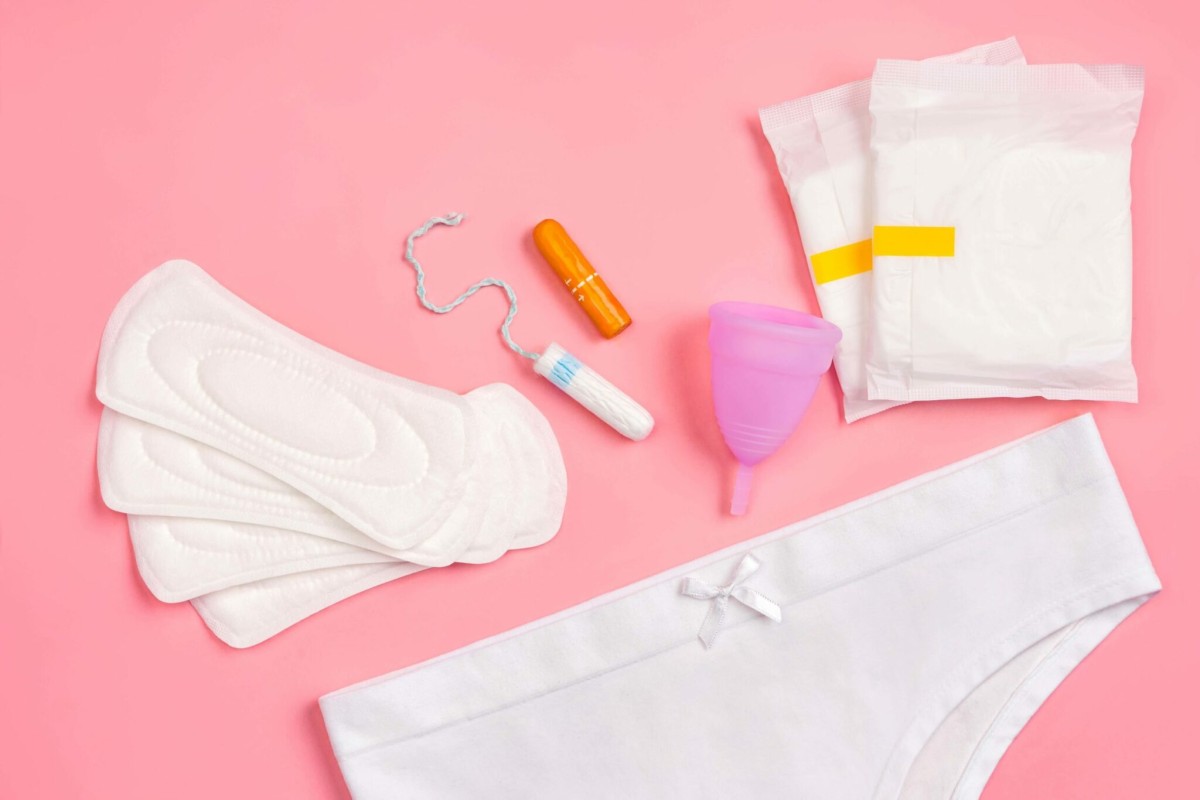
Menstrual Hygiene Day, celebrated annually on 28th May, aims to raise awareness about the importance of good menstrual hygiene management and to address the challenges and stigma associated with menstruation.
As we celebrate this year’s World Menstrual Hygiene Day, let’s take a look at how poor menstrual hygiene can affect our overall health.
- Using unclean menstrual products or not changing them frequently can lead to bacterial or fungal infections.
- Inadequate hygiene can cause urinary tract infections (UTIs), yeast infections, and bacterial vaginosis.
- Repeated infections can lead to more serious conditions like pelvic inflammatory disease (PID), which can affect fertility.
- Prolonged use of damp or soiled menstrual products can cause rashes, irritation, and allergies in the genital area.
- Certain materials in sanitary products may cause allergic reactions or irritate sensitive skin.
- Poor hygiene can exacerbate the symptoms of heavy menstrual bleeding, leading to anemia (low iron levels) and associated fatigue.
- Lack of proper care during menstruation can also lead to general weakness and decreased immunity.
Addressing poor menstrual hygiene is essential for the overall health and well-being of individuals and communities, leading to healthier, more productive lives.